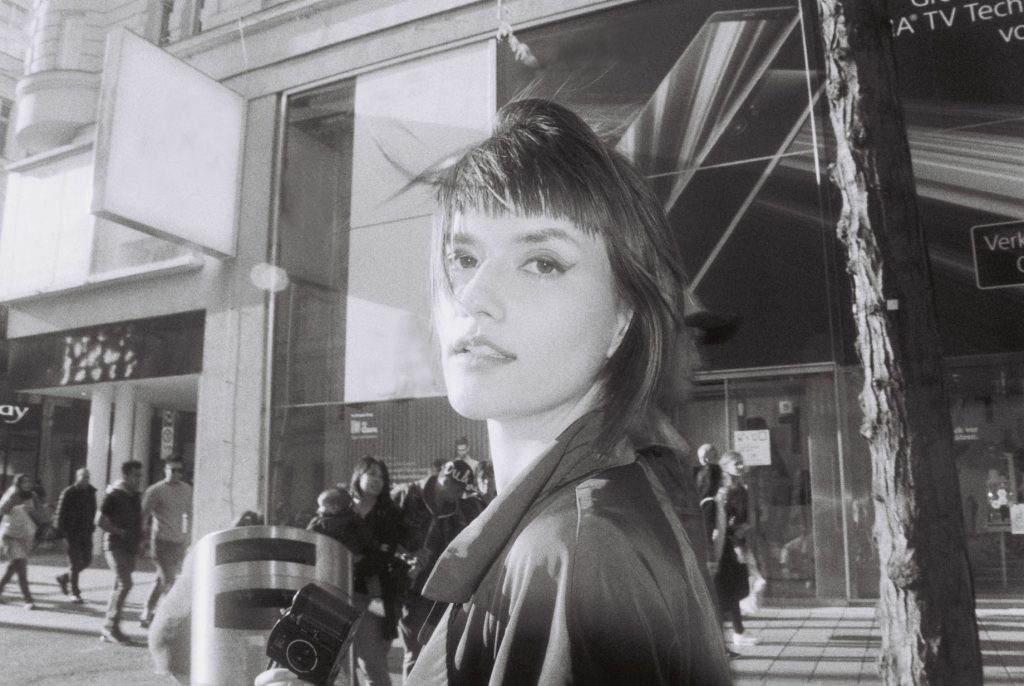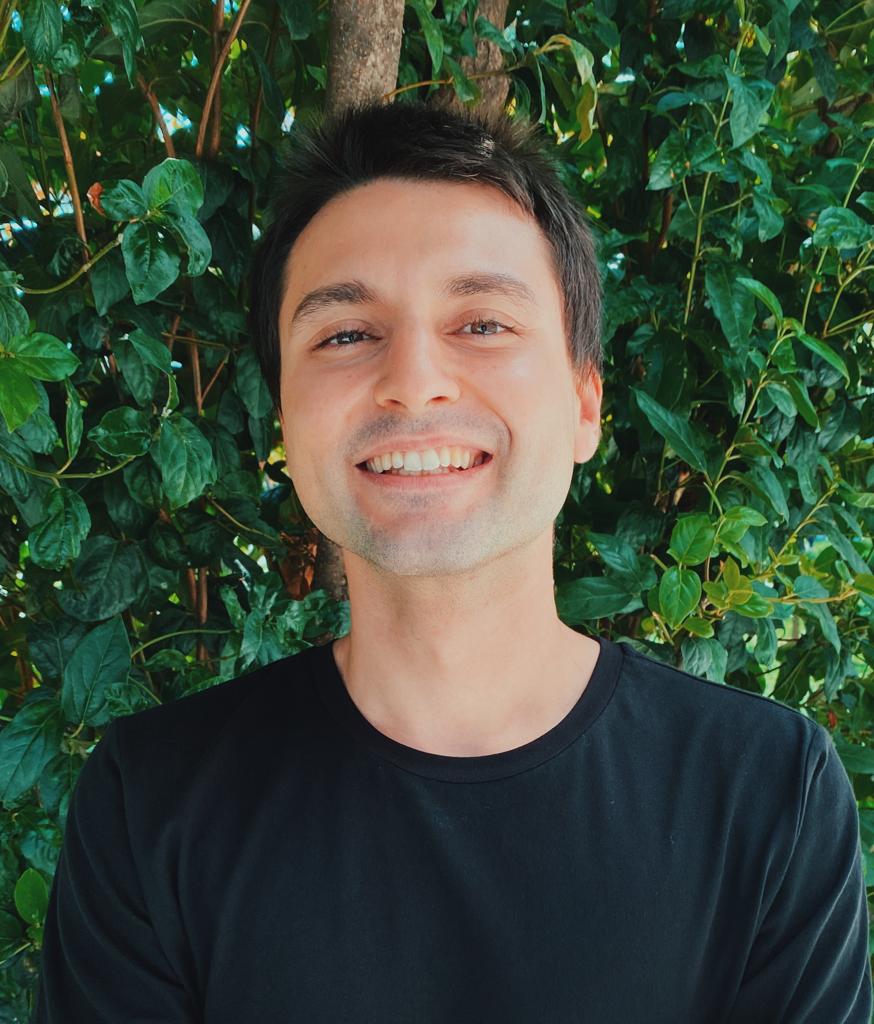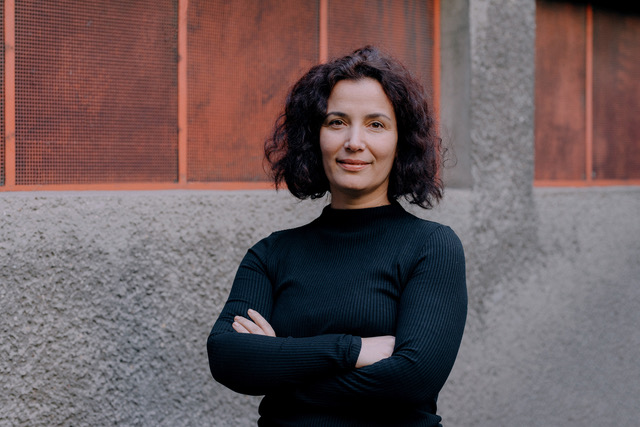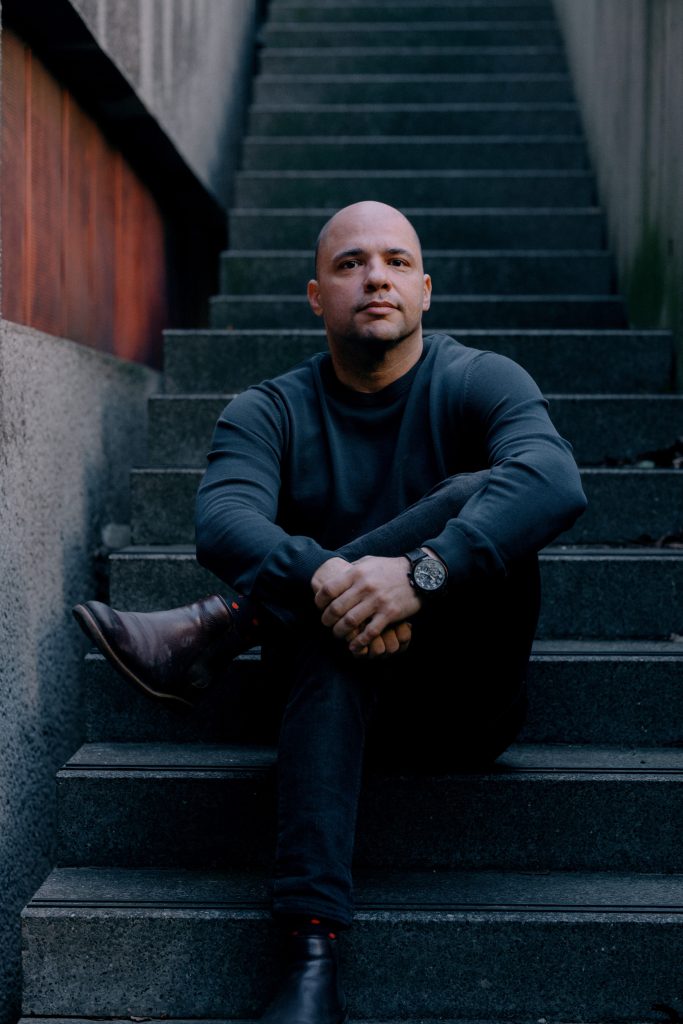POSEIDON is a collaborative EU project that aims to develop tools and methods to help foster the transition from existing districts into Positive Energy Districts (PEDs).
Project Status:
Project Location(s):
Project Dates:
Project Contact:
POSEIDON is a collaborative EU project that aims to develop tools and methods to help foster the transition from existing districts into Positive Energy Districts (PEDs). The project plans on accomplishing this ambitious goal by combining solutions that address energy, environmental, and social aspects of district sustainability – with a focus on the development of a methodology for Mediterranean cities which, in addition to presenting similar climatic characteristics, share common social customs and lifestyles.
A just and lasting energy transition cannot happen without the active participation of communities. Too often, energy projects are driven by top-down policies and technological solutions that overlook local realities, lived experiences, and social disparities. POSEIDON acknowledges that transformation of space begins with civic initiative and recognizes the need to involve local actors from the ground up. Through the POSEIDON Labs, each demonstration site will host its own Urban Living Lab, tailored to the local context, and designed to promote sustainable habits and understanding through hands-on activities, film screenings, discussions, and creative tools. These Labs are not only a method of outreach but a mechanism for genuine co-creation—bringing inhabitants, municipalities, and stakeholders into the conversation to shape their energy futures together.
This is precisely where wonderland’s role becomes vital. With our long-standing experience in participatory processes, energy communities, and artistic research, we bring curation and creativity to the heart of engagement. By designing workshops, producing accessible materials, and creating content—like our documentary films and exhibitions—we translate complex technical topics into tangible, relatable narratives. Our approach helps communities not only understand energy systems but imagine their own roles within them. We focus especially on reaching vulnerable populations and ensuring inclusion across class, gender, and origin. Wonderland’s contribution ensures that participation is not just encouraged but enabled, giving shape to a bottom-up transformation that is rooted in awareness, empowerment, and long-term sustainability.
Ultimately, POSEIDON aims to create affordable, inclusive, and socially innovative Positive Energy District (PED) models that go beyond technological solutions to address the social, environmental, and economic dimensions of sustainability. By focusing on reducing carbon emissions at the district level, integrating renewable energy sources, and promoting energy efficiency in both buildings and public spaces, the project contributes directly to the EU’s climate neutrality goals. Special attention is given to mitigating urban heat island effects, combating summer energy poverty, and ensuring that even the most vulnerable communities are actively included in the planning and decision-making processes. In doing so, POSEIDON fosters resilient, low-carbon urban environments that prioritize both ecological integrity and social equity, laying the groundwork for a holistic and just urban energy transition across Mediterranean cities.
The POSEIDON demosites are divided into two categories: the Lighthouses and the Observers.
The Lighthouses will be the first to test and validate MCDA and POSEIDON tool, while the Observers will identify the possible barriers that they might encounter in the replication phase. Indeed, several differences between countries (e.g., datasets, legal restrictions, economic incentives) or urban context (e.g., city size, density, governance, policy incentives), must be taken into account to enable replicability. Once the MCDA and POSEIDON tool are tested and validated in the Lighthouses, they will be applied to the Observers.
Meanwhile, the POSEIDON Labs will be launched and tested in all the demosites simultaneously, which will enable to progressively activate the social ecosystem. The Lighthouses have been chosen on the basis of the municipalities’ climate target, the related ongoing projects and initiatives, the involvement of local co-applicants (respectively UPM, RM3 and MM) and the distribution among clusters.
List of demosites:
Alcorcón is a municipality that belongs to the metropolitanarea of the city of Madrid. In recent years, the municipality has been strongly promoting a policy of sustainability in terms of energy efficiency, renewable energy generation and promotion of EnergyCommunities. The application of POSEIDON tool to Alcorcón will be facilitated by the knowledge that ImpactE, Spanish industrial partner responsible for POSEIDON tool development, has of Spanish regulations, datasets, and characteristics. Therefore, Alcorcón will be the reference city for POSEIDON tool, within the Lighthouse demosites.
In Rome, while the MCDA methodology will be applied to thewhole city, the POSEIDON tool and Lab will focus on the Testaccio neighbourhood, a strategic area for the municipality. The neighbourhood is representative of some major types of urban patterns in Rome,with different relationships between built areas and open spaces, defining specific urban landscapesand different possible scales of intervention that can condition the organization of a decentralized energy production system.
Marseille is a city of strong contrasts: new and environmentally friendly neighbourhoods coexist with a deteriorated historic centre and impoverished northern areas. POSEIDON aims to bring together all these contrasting characteristics of the city and make them a model for Mediterranean and coastal European cities, in order to achieve a just and inclusive energy transition. Both in Rome and Marseille, cities of the Mission, POSEIDON aims to accelerate the energy transition and help the municipalities reach climate neutrality by 2030.
Antalya is the largest Turkish city on the Mediterranean coast. It is seen as the capital of tourism in Turkey. The Antalya municipality is committed to sustainability since several years and acts as demosite for several European projects related with urban energy transition and resilience, such as MAtchUP Smart City (H2020) and CUTLER (H2020). In POSEIDON, these experiences will facilitate data collection, scenario definition and help identify possible barriers.
In Cesena, a municipality located in Emilia-Romagna, the valorisation of the urban environment is meant as a cultural, social and economic investment. The development of integrated and sustainable urban practices is pursued by means of different planning tools and through the construction of networks at international, European, regional and local level. The POSEIDON methodology and instruments aims to help municipality apply NBS solutions and foster energy transition, while raising citizens’ awareness on these issues.
Cascais is a city located in the Lisbon Metropolitan Region.The municipality’s climate action department is driving the development and implementation of innovative solutions that promote climate change adaptation and mitigation, such as energy efficiency solutions, soft mobility, NBS, spatial planning and urban design. It also includes an innovative governance model that ensures multi-stakeholder and citizen participation. In POSEIDON, Cascais will enhance instruments replicability thanks to its wide experience on urban sustainability and its involvement in numerous ongoing EU projects.
Every project we take on brings together a range of interconnected layers—environmental, legal, financial, social, technical, governance, and managerial. We approach our work holistically, making space for participation, shared understanding, and collaboration across all these dimensions. It’s how we ensure that our partnerships are grounded, inclusive, and responsive to real-world complexity.
For any project aiming to create lasting, sustainable change—especially within the context of transition and transformation—these layers can’t be treated separately. They interact, overlap, and shape one another. Identifying key markers and themes across these categories helps guide the process, ensuring that the outcomes are both robust and adaptable.
Engagement plays a central role in this. Meaningful participation allows all stakeholders to contribute to a shared vision, while transparency builds trust throughout the journey. Different levels of involvement—from broad outreach to hands-on co-creation—ensure that communities are informed, empowered, and actively shaping the process. Inclusivity isn’t just a goal; it’s a foundation. When diverse voices are heard and respected from the beginning, the result is a more democratic, resilient, and impactful project.
Here are some of the core aspects we explore and connect through our work, listed below:
Transformation of space needs civic initiative and the involvement of local actors.
That’s why POSEIDON will be implementing its POSEIDON Labs concept. As WONDERLAND, we will be responsible for the creation and curation of the content for the Urban Living Labs and the exhibitions.
Each demo site will be accompanied by a unique living lab that will promote sustainable habits and an understanding of sustainability concepts through activities, film screenings, discussions and games.
We will be striving to integrate social acceptance, activation and participation with governance and application.
On the one hand, a continuous exchange will be established with local authorities and relevant stakeholders all along the project in order to correctly integrate their needs and visions, on the other hand, inhabitants will be actively involved, by means of participative and digital strategies.
Research and advocacy are at the heart of everything we do. Each of our projects is a journey into understanding— both technically as well as socially—and we’re always looking for creative ways to share what we learn. From films and interviews to visuals, manifestos, publications, and hands-on manuals, our outputs take many forms, depending on the people involved and the story being told.
Our project libraries reflect this diversity, and we’ll keep adding to them as our work evolves. But it’s not just about knowledge—it’s also about action. We use what we learn to advocate for change, support bottom-up initiatives, and create space for citizen participation. Because a fairer, more sustainable future needs everyone at the table.
Every project teaches us something new—and we make sure to reflect on those lessons and turn them into something useful. Whether it’s a paper, a hands-on manual, or a more experimental publication, we use these formats to raise awareness, advocate for change, and share what we’ve learned along the way. Writing is part of our method, but so is making that knowledge accessible. Below, you’ll find some of the materials connected to this project. Feel free to download and use them however you like—everything we create is copyright-free, because we believe knowledge should be open to all.
The PED manifesto was born out of our experiences while creating positive energy districts for case studies in the DUT-funded PED-ACT project.
Through the participation processes we were engaged in, we realized that a crucial part of establishing PEDs was to bring citizens and citizen groups together, to help them develop and initiate projects in their own way. We also realized society exists as part of structures that determine and allow space for courses of actions, so the energy transition requires much more than technical solutions. It requires a holistic approach. We’re excited to take our experiences from creating this manifesto and use it as a blueprint in developing it’s use on a wider scale through the POSEIDON project. Obtain more info. on the manifesto here.
Written By Wonderland’s Bahanur Nasya, Mary Sarsam and Yilmaz Vurucu, this paper offers an in-depth account of how sustainable initiatives are assembled and function in practice, using the city of Cesena in Northern Italy as a case study. Located along the Savio River, Cesena’s cultural identity and urban development have long been shaped by its close relationship with the river and its surrounding biodiversity. This connection, however, has been increasingly tested by environmental crises, most notably the devastating flood that severely impacted the region in 2023. In response, the project aims to establish a collaborative public-private governance scheme that fosters closer cooperation between local residents, municipal authorities, and key stakeholders. Special attention is given to engaging the community in shaping the district’s sustainable future, with an emphasis on resilience, inclusivity, and environmental awareness. The paper also investigates the often-overlooked dimensions of local sustainability efforts and evaluates their broader societal impact using the New European Bauhaus (NEB) Impact Model as a framework for assessment and reflection.
The POSEIDON Launch Film created for the launch in Brussels, 2024.
Every project we take on is an opportunity to expand our circle—bringing in new collaborators, exchanging ideas, and learning from the experiences and expertise of others. These partnerships are essential to our work and help us keep growing, questioning, and creating with fresh perspectives. We value collaboration not just for the outcome, but for the process: sharing knowledge, building trust, and working together toward common goals. Below, you can meet the people and organizations we’ve partnered with on this project. Feel free to explore their work—we’re proud to be in such great company.
The research community TULE is a multidisciplinary and interdisciplinary team from the UPM, focusing on addressing the challenge of the urban transition towards more sustainable and resilient models. This working group has a consolidated experience in promoting energy transition in cities and urban regeneration through four main lines of research: optimizing the energy performance of new and refurbished buildings, generating distributed renewable energy, promoting the energy transition of existing neighborhoods through PED and finally NBS for reducing the heat island, improving air quality and water cycle management.
DEM has been active in the “sustainability consultancy” sector in Turkey and Europe since 2011, working with its clients to achieve sustainability goals by providing solutions on climate change strategies, carbon management and decarbonisation, efficient and sustainable use of renewable energy, sustainable building design and certification, energy efficiency and energy management. DEM is also one of the most active entities in Turkey in terms of participation in EU Framework Programmes, collaborating in 9 projects. Thanks to its extensive experience in European projects and specifically within MAKING CITY, DEM’s multidisciplinary team will develop the MCDA of the methodology.
One of the strengths of DEM‘s approach is its close collaboration with local stakeholders and especially the academic expertise when undertaking projects.
RM3 represents a central point of reference in the academic scenario at both local and national level thanks to its quality teaching and research programmes. RM3 is involved, either as coordinator and partner, in around 81 EU research projects. The research activity of the Department of Architecture is focused on various topics of sustainability in architecture and in the city, thanks to a multidisciplinary group and synergetic approach including different scientific sectors i.e., technology, physics, economy, engineering and urban planning among others.
WON is an independent NGO established in 2004 in Vienna, which provides communication and exchange between European practitioners, who deal with space creation, distribution, or improvement. The team and network consist of architects and urban planners. The network conducts research, realizes co creation workshops, publishes findings and results, organizes public screenings, discussions, exhibitions, and other events to involve non-professionals and stimulate the discourse. The association has members in most European countries, as well as collaboration partners. The network supports emerging professionals. The core team for the POSEIDON project is represented on the board of wonderland, with the focus is on interdisciplinary applied research, creation of knowledge material for exchange and participative planning and development concepts. Key areas of activities are co-creation and knowledge transfer, through films, events, exhibitions, publications, and lectures.
ImpactE is a start up from Valencia, Spain, that facilitates decision-making for municipalities. Belong its activity, ImpactE develops web tools, energy simulation models and optimisation algorithms. ImpactE’s goal is on the one hand to help urban planners to achieve a socially-fair energy transition, and on the other hand to empower citizens. The team is composed of 15 people, 4 of whom are pursuing a PhD in urban energy topics. ImpactE works with more than 50 municipalities in Spain, so the team understands the needs, concerns and work methods of these organizations.

Moka Sheung Yan is an interdisciplinary artist with a background in fine arts, sculpture, and visual storytelling. She studied at the London College of Arts and the University of Applied Arts Vienna. Centering on themes of identity, transformation, and social perception, her artistic research investigates questions of social visibility, vulnerability, and the fragmented self—probing how cultural norms and societal structures shape personal and collective identity.

Vienna-based media artist and social designer Danny Nedkova (b. 1995) employs a diverse range of media—including photography, film, text, and installation—to explore themes of social significance. With a background in design and photography, Danny blends her perspective as a social designer with the visual sensibility of a photographer. Her design practice focuses on speculative, process-based approaches, with storytelling and communication as foundational pillars.

A sustainability-focused urbanist integrating climate and heritage conscious solutions into socio-spatial transitions, urban development, governance, and research.

Bahanur Nasya is an architect, researcher, project manager, and film producer. She has studied in Vienna and Barcelona, specializing in sustainable architecture, just and fair community-centered-scenarios, and future-proof development concepts.

Film and video artist, researcher, writer. Subjects of interest include community activation, social inclusion, sustainability, hyper-capitalism, individuality and precaritization, totalitarian systems of thought (cults), and coercive thought reform. My methodology includes ethnographic research, reflection, categorization of common patterns and the creation of what I call “poetic moments of visual exploration through fiction.”
Find a compilation of project related news, events and more, below.